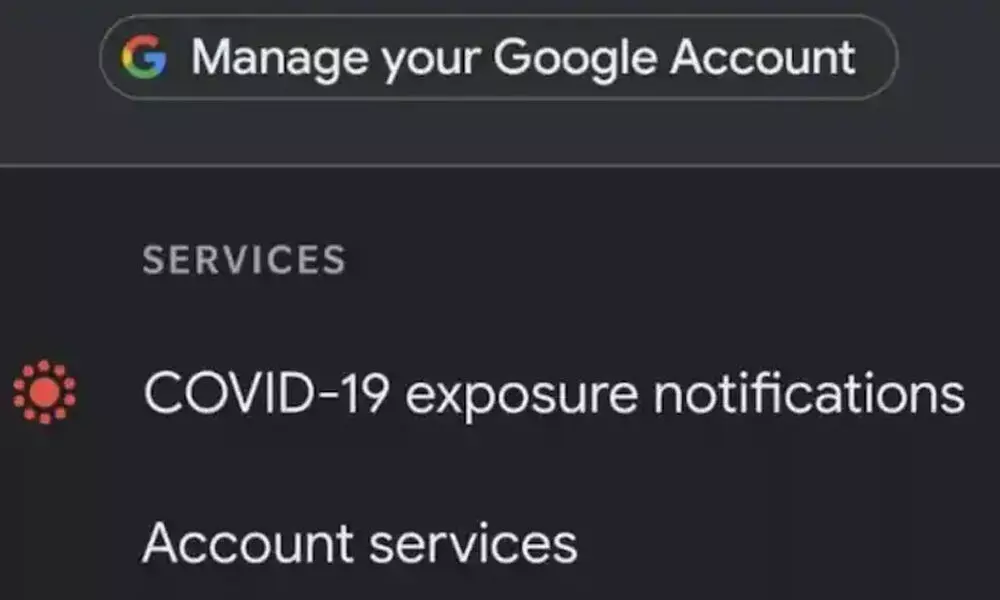Apple, Google's COVID-19 contact tracing saves thousand of lives
Apple and Google joined hands to develop the Exposure Notifications System to contact trace and alert users about possible COVID-19 exposure.
image for illustrative purpose

Apple and Google joined hands to develop the Exposure Notifications System to contact trace and alert users about possible COVID-19 exposure. The tech giants introduced the API in June 2020 and turns out the contact tracing app has done wonders in the United Kingdom. Now a report has claimed that the contact tracing tech has saved lives of between 4,200 and 8,700 users in the UK. Sadly, India does not have an app that is as efficient as the app UK has.
Launched in June 2020, the contact tracing technique by Google and Apple helps public health authorities to contact and guide to anyone who may have been exposed to a person who has contracted COVID-19.
Explaining how the Exposure Notifications can help, Google had explained in its blog, "Traditional methods of contact tracing are critical to containing the spread of infection. Technology can support and augment these efforts by allowing public health authorities to quickly notify people who may have been exposed to a person who has contracted COVID-19, including those the person might not know directly. This starts with Exposure Notifications on your smartphone. These will help your public health authority alert you if you've been exposed to COVID-19."
Android phones and iPhones were equipped with an Exposure Notifications option under the settings menu. However, when you try to turn on the feature in India, your phone tells you that Exposure Notifications is not available in your region because your public health authority has not made it available. In India, we have the Aarogya Setu app, which is a contact tracing app but currently being used to book vaccination slots.
The contact tracing tech developed by Apple and Google use features like Bluetooth to contact trace people while Aarogya Setu app uses information such as the location of users for contact tracing to work. Google and Apple are strictly against collecting demographic details of the users because APIs for this feature are designed to collect anonymous data and create random IDs, which are shared with other devices to facilitate contact tracing.

